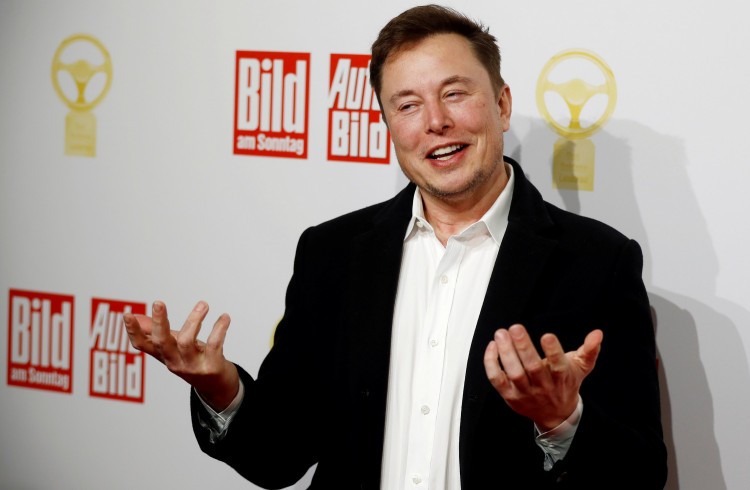Billionaire innovator Elon Musk's brain chip startup is ready to undertake human clinical trials.
Musk, who co-founded Neuralink in 2016, has stated that the technology "will enable someone with paralysis to use a smartphone with their mind faster than someone using thumbs."
Neuralink, which has already successfully implanted artificial intelligence microchips in the brains of a macaque monkey named Pager and a pig named Gertrude, is now looking for a "clinical trial director" to oversee human trials of the technology.
Before it can receive the Food and Drug Administration's authorization for general medical use, the company must conduct human trials. This is critical for Musk's declared plan to deploy the devices to address a variety of neurological ailments, ranging from memory loss to addiction.
According to the clinical trial director job description, the person in the position will be "working with Neuralink's first Clinical Trial participants," though it's unclear whether the company has begun recruiting or working with participants at this time.
In December, Musk said that the company plans to implant the gadget in the first human volunteers in 2022. That isn't Musk's first prediction; he previously stated that he hoped to begin trials in 2020.
The clinical trial approach would begin with a feasibility study to determine how the device performs in a small number of people. The company would then need FDA approval to conduct a larger-scale trial because the device is high-risk and has never been used in humans. According to the job description, the clinical trial director would be in charge of relations with authorities such as the FDA.
He claimed that the device would be "implanted flush with the skull and charges wirelessly, so you look and feel totally normal."
Musk, the world's richest man with a worth of $256 billion, said last month that he was cautiously optimistic that the implants would allow tetraplegics to walk again.
"We hope to have this in our first humans, which will be people that have severe spinal cord injuries like tetraplegics, quadriplegics, next year, pending FDA approval," he told the Wall Street Journal's CEO Council summit.
He said people should think of the technology as similar to "replacing faulty/missing neurons with circuits". "Progress will accelerate when we have devices in humans (hard to have nuanced conversations with monkeys) next year," he said.
Neuralink previously released a video of a monkey implanted with the chip playing the video game Pong with its mind alone.
Applicants are assured that they will have the "opportunity to change the world and work with some of the smartest and the most talented experts from different fields".






